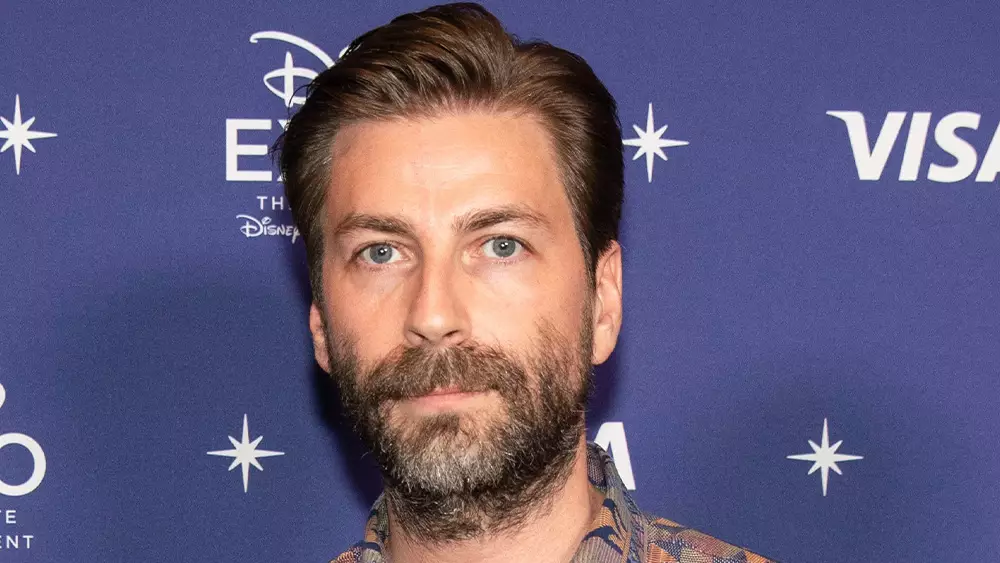The landscape of film production is undergoing a seismic shift, with streaming platforms asserting themselves as major players in the industry. This transformation was exemplified by the recent developments surrounding Jon Watts, who initially steered the blockbuster ‘Wolfs’ for Apple TV+, featuring Hollywood heavyweights George Clooney and Brad Pitt. Despite the film’s meteoric success on the platform, the unexpected announcement of no sequel has raised significant questions about Apple’s strategy and the implications of streaming-first releases.
Initially, ‘Wolfs’ had all the makings of a sequel-friendly franchise. It captured audiences’ imaginations and broke records on Apple TV+, making it the platform’s most viewed film. However, the abrupt decision by Apple to pivot from a wider theatrical release to a limited one came as a shock not just to Watts, but also to the cast and the wider film community. The lack of communication surrounding this decision reveals a broader tension between tech corporations and traditional filmmakers who thrive on the old-school model of theatrical releases.
Watts’ remarks about being taken aback by this shift have raised eyebrows. It is not just a logistical issue; it reflects a deeper schism between artistic vision and corporate strategy. The precarious nature of a rapidly changing industry has been laid bare, where even a highly regarded filmmaker like Watts finds his plans upended by corporate maneuvering. The case echoes previous situations, such as director Doug Liman’s fallout with Amazon regarding ‘Road House’, which underscores the challenges and unpredictability surrounding these significant projects.
The current environment poses difficult questions about the viability of theatrical releases versus streaming exclusives. While viewers have increasingly gravitated toward the conveniences of home viewing, filmmakers often orient their projects around the prestige associated with cinema releases. The disappointment expressed by Watts and the cast of ‘Wolfs’ reflects a common sentiment; for many, the cinematic experience represents artistic integrity, and the ease of streaming can cheapen that impact.
The decision to abandon an expansive theatrical release raises the question of whether this trend signals a future where filmmakers might need to compromise their vision for the sake of corporate objectives. This causes ripples across the industry, affecting both artistic expression and the financial sustainability of projects. The dilemma between large marketing spends for theatrical releases versus the rapid reach of streaming platforms remains unresolved; filmmakers are caught in the middle, often having to grapple with conflicting priorities.
Watts’ specific experience—where he felt blindsided by the change of direction—reveals broader implications for creators within this new ecosystem. His decision to return funds for the sequel is a testament to his principles and his respect for the original film, reflecting an artist’s commitment to their work. It is alarming to consider how many future projects could face similar pitfalls when the dialogue between creators and stakeholders breaks down.
Moreover, Watts’ attachment to the film and desire to continue working with the cast signals a vital aspect of film-making: relationships matter. In an era where studios often prioritize quick returns on investment and market-driven strategies, the emotional and creative bonds forged during productions may begin to take a back seat. This not only impacts the filmmakers but also the final product, as human connection is essential in telling compelling stories.
As the film industry braces for further changes, the case of Jon Watts and ‘Wolfs’ serves as a microcosm of the ongoing tensions between streaming platforms and traditional release strategies. Filmmaking remains an art that thrives on collaboration and mutual respect, yet the pressures of immediate metrics and corporate storytelling may threaten that ethos. As stakeholders continue to navigate this evolving landscape, it will be crucial to foster open communication and develop frameworks that honor both artistic integrity and the operational needs of streaming platforms. The challenge will lie in innovating models that accommodate the best of both worlds, ensuring that the magic of cinema is not lost but rather transformed.

